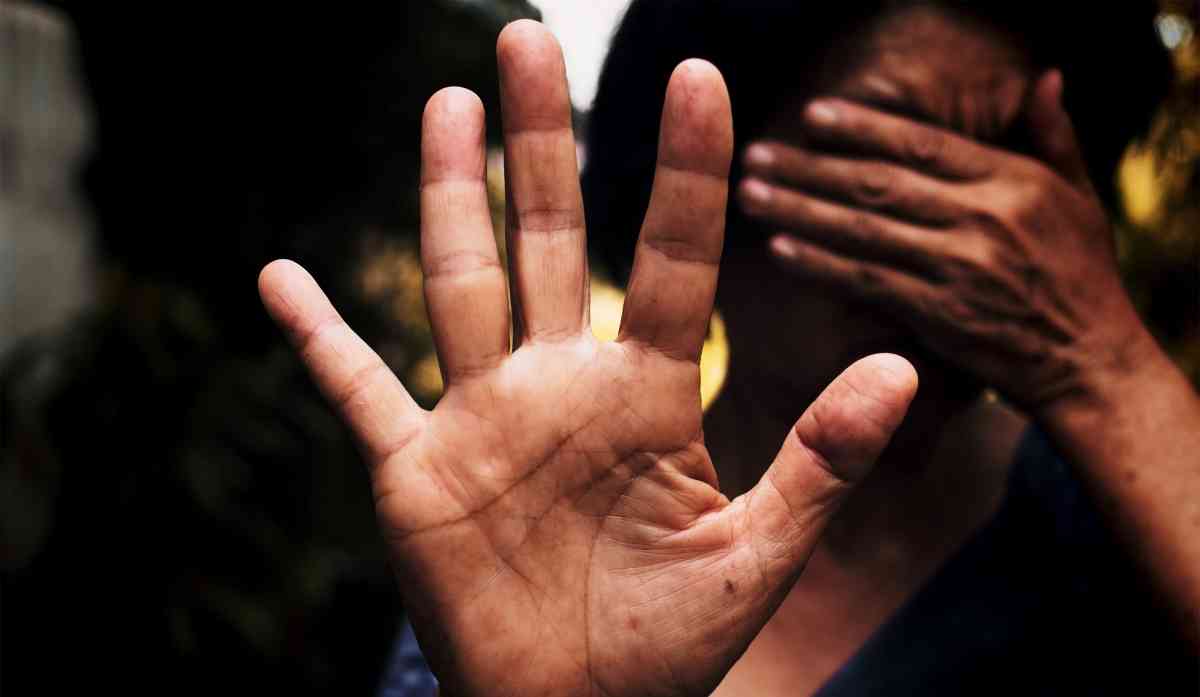
Mental health is a state of well-being in which an individual realises his or her own potential, can cope with the normal stresses of life, can work productively and fruitfully, and is able to make a meaningful contribution to their community.
Mental health is a critical component of individual, family, community and national wellbeing and prosperity. Intimate partner violence is the most common form of violence against women.
Physical, verbal and sexual abuse by a partner affects almost 30% of women world-wide often resulting in mental health consequences.
As we prepare to commemorate this year’s 16 days of activism against gender-based violence, we need to reflect on the devastating mental health effects of intimate partner violence.
Could you be experiencing intimate partner violence?
- Does your partner often embarrass or humiliate you?
- Does your partner shout, threaten or demean you?
- Does your partner monitor you excessively and try to control you?
- Does your partner isolate you from you family or friends?
- Does your partner keep you financially dependent on them?
- Does your partner physically or sexually abuse you?
Why do partners become violent?
- Previous exposure to violence particularly as a child: children who frequently witness violence in the home or are physically abused themselves often are at a higher risk of becoming perpetrators of violence
- Low self-esteem and insecurity: can make one think that demeaning another person will make them feel better about themselves
- Poor communication and conflict resolution skills: inability to communicate effectively and engage in in non-violent means to solve problems and resolve conflicts will increase the risk of violence with one’s partner
- Impulsivity and poor emotion self-regulation and anger management skills: Difficulties controlling one’s emotions, ability to sooth oneself and finding non-violent ways to cool off when angry can result in violence towards one’s partner
- Personality challenges: people with antisocial personality traits who disregard the rights of others and act in cruel ways toward others can become perpetrators of intimate partner violence. People with narcissistic tendencies who have little regards for the emotions of others and have an exaggerated view of their own importance can lead to intimate partner violence.
- Social isolation and poor social support and social accountability: Isolation from potential sources of support can limit opportunities for accountability for one’s behaviour and can worsen intimate partner violence
- Stress and poor stress management skills: poor stress management can result in inappropriate ways of dealing with life’s pressures and violence can become an inappropriate way to express distress
- Depression: irritability and violence can be signs of depression, particularly in men
- Alcohol and substance use: can affect our ability to think rationally, communicate effectively and resolve conflict in non-violent ways
- Hostility towards women and attitudes and beliefs that justify violence towards women
Mental health impact of intimate partner violence
Intimate partner violence can cause:
- Anxiety and fear
- Excessive guilt and self-blame
- Loss of self-esteem and sense of self-worth
- Helplessness, hopelessness and thoughts of self-harm and suicide
- Depression
- Trauma related mental health challenges such as Post-traumatic Stress Disorder
- Self-medication with alcohol and substances or binge-eating
How can I help someone experiencing intimate partner violence?
- First ensure safety. Intimate partner violence can result in death of the victim. Risk of lethal violent behaviour often increases in the immediate aftermath of a separation
- Give the gift of time, allow them to tell their story to a listening , compassionate ear
- Be empathetic and validate their experiences
- Guide them towards sources of support, provide contact numbers including emergency contacts
- Follow up with them regularly and provide non-judgemental support
If you think that you or someone that you know may be experiencing a mental health problem due to domestic violence, please contact your nearest health service provider and get help.
- *Dr Chido Rwafa-Madzvamutse is a consultant psychiatrist. Feedback on WhatsApp: +263714987729; LinkedIn: https://www.linkedin.com/in/chido-rwafa-madzvamutse-53529259/ ; Facebook: https://www.facebook.com/chido.rwafa










